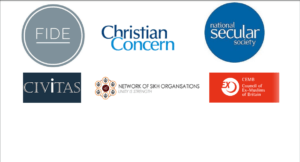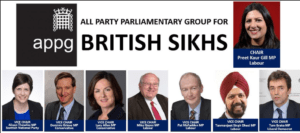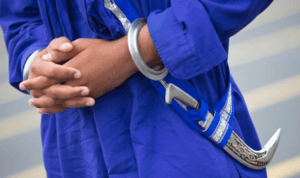
Oxford Union Debate 23-11-23
Lord Singh of Wimbledon – Opposing the Motion – ‘This House Believes That God Is A Delusion’
Madam President, Ladies and Gentlemen.
What strikes me most about the motion before the House, and the arguments made for it, is the arrogant assumption, that because some do not understand or agree with what religions say about God, the idea of God must be a delusion.
In opposing the motion, I do however have some sympathy for those unhappy with the way God is described in Abrahamic religious texts, and how this has been used to divide what Sikhs see as our one human family.
God, the creative force behind all that exists, is shown in Abrahamic texts as a sort of elderly male with superhuman powers, who also has very human failings of jealousy, anger, and favouritism. God is shown to benevolently overlook the misdeeds of some, while, vindictively punishing those not favoured by him, consigning them to, everlasting suffering in the blistering heat of Hell. Some texts take this further, suggesting that skin burnt by the heat will re-grow, and be burnt again to inflict further continuing punishment. The reward for those God favours, is everlasting bliss in a place called heaven-where Muslims men enjoy some added extras.
Members of the Abrahamic faiths, and their various subsects, each claim that they are God’s favourites, the chosen people, leading to horrendous conflict and unbelievable atrocities between sister faiths as seen in Gaza and other parts of the Middle East today. When asked to comment on God creating man in his own image, the philosopher Voltaire wryly commented – it is we who have created God in our image.
The portrayal of God as a being who inflicts dire punishment for supposed bad behaviour, was used in a more superstitious past, as what Conrad describes as ‘a constables handbook’ to scare people to lawful and responsible behaviour, but is widely ignored today.
This view of God is a million miles removed from the Sikh concept of God being the name given to the unknowable creative force behind all that exits. Some here today, will bristle at my suggestion that some things are beyond our understanding. They will argue, that if they cannot understand the idea of God as a creative force beyond our comprehension, the very idea of God is a delusion. The renowned scientist Isaac Newton was more modest when he said, ‘my achievements are no more than playing with a few pebbles on the shore, while a vast ocean of knowledge lies before me undiscovered’. The scientist JB Haldane put it even more succinctly when he said, ‘the universe is not only more complex than we suppose, but more complex than we can suppose’.
The teachings of Guru Nanak on our inability to fully understand the nature of God, the creator or creative force behind all that exists, are in line with the views of these famous scientists.
In the opening lines of the Sikh scriptures, Guru Nanak, the founder of the Sikh faith, writes:
There is one God
The creator of all that exists,
The ultimate truth and reality
Beyond emotions of fear and enmity
Beyond time, birth, gender, or human frailty
For Sikhs the aim of life is not to seek salvation, but simply to live in harmony with what we call hukam, or ‘the will of God’. Sikh teachings require honest living, standing up against injustice, rejecting all notions of race or religious superiority, recognising gender equality and, in the closing words of our daily prayer, ‘working for the wellbeing of all humanity’.
Shakespeare also recognised the importance of living in consonance with what Sikhs call the will of God. in Julius Caesar, he refers to what Sikhs call hukam as a tide, saying:
There is a tide in the affairs of men.
Which taken at the flood leads onto fortune
Omitted, all the voyages of their lives.
Are bound in shallows and miseries.
Sikhism does not believe in afterlife punishment or reward, but simply in our responsibility to leave the world a better place for our having lived.
Coming back to the motion before this House, I again quote Shakespeare, with Hamlet reminding Horatio, that ‘there are more things in heaven and earth that are dreamt of in your philosophy’.
Unless like the clever Mr Toad, you believe, we know all there is to be known; and are prepared to forget the unbreakable scientific link between cause and effect, and irrationally believe in the absurdity, that at first there was nothing, and then suddenly, without cause, it all exploded to create infinite time space and matter, we have to accept the existence of a power or force beyond our comprehension that Sikhs refer to as God.
I therefore urge you to vote against the motion that God, the creative force behind all that exists is a delusion.


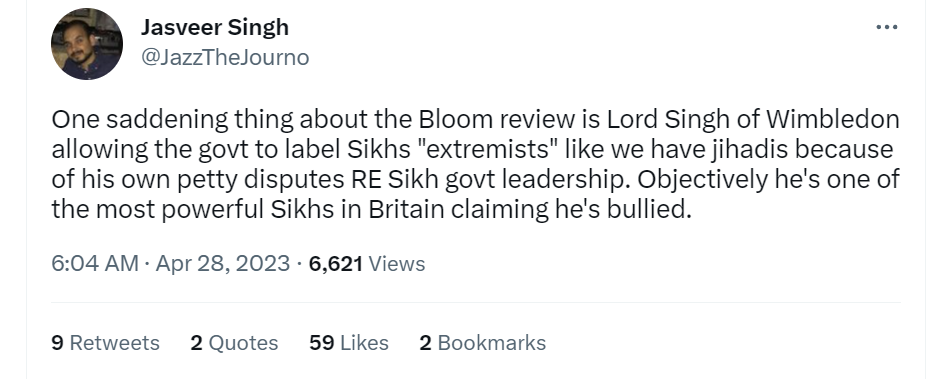
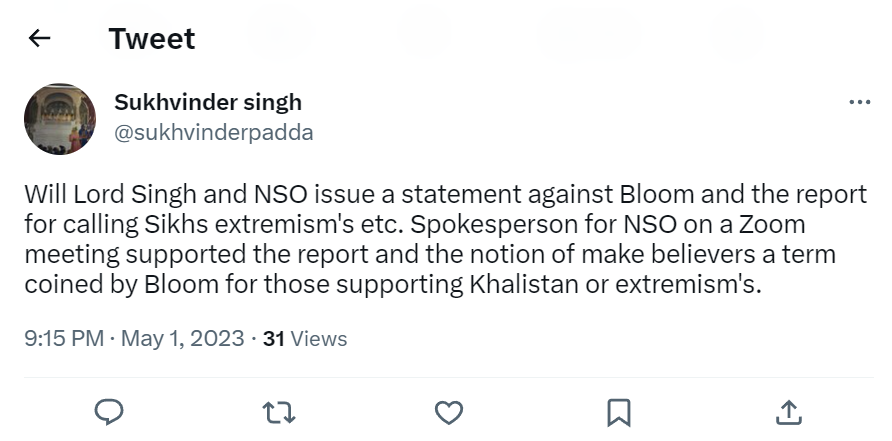
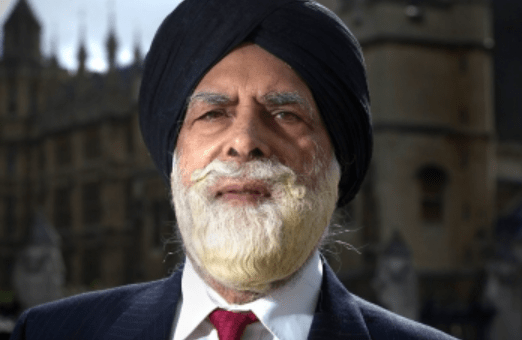
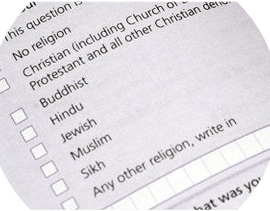
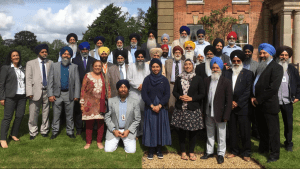
 Last week our Director Lord Singh tabled a question to the government about Foreign and Commonwealth Office (FCO) support for persecuted Christians. He asked Her Majesty’s Government, ‘what assessment they have made of the recommendations of the Bishop of Truro’s Independent Review of the Foreign and Commonwealth Office’s support for persecuted Christians.’
Last week our Director Lord Singh tabled a question to the government about Foreign and Commonwealth Office (FCO) support for persecuted Christians. He asked Her Majesty’s Government, ‘what assessment they have made of the recommendations of the Bishop of Truro’s Independent Review of the Foreign and Commonwealth Office’s support for persecuted Christians.’
